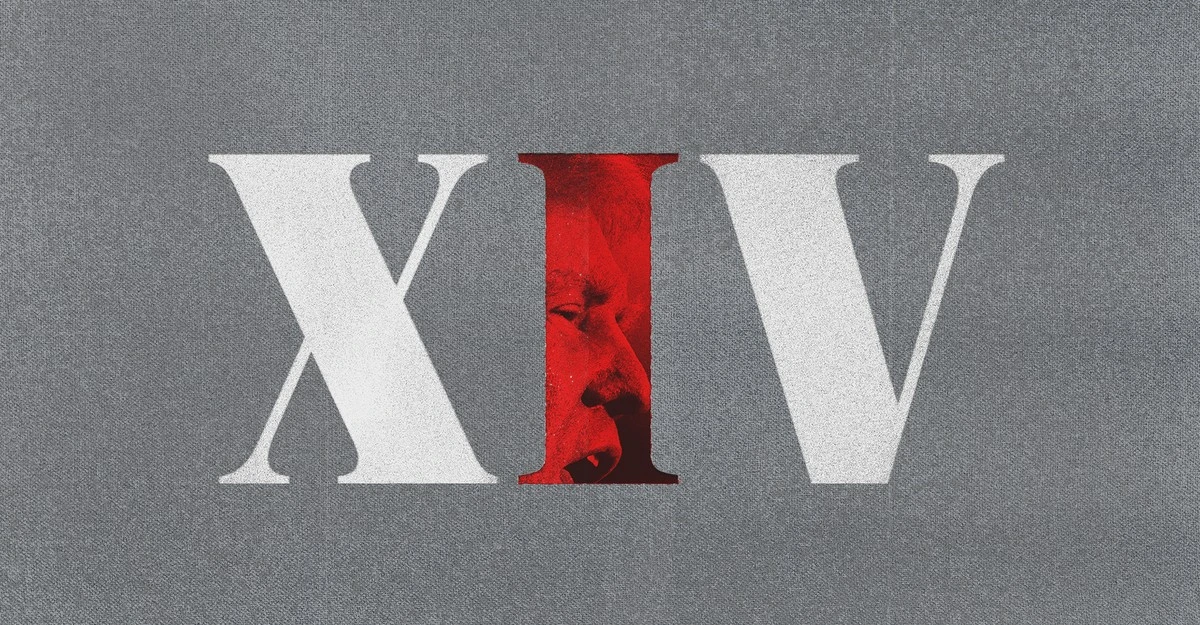As the Colorado Supreme Court wrote, January 6 meets the bar for insurrection “under any viable definition” of the term. The legal scholar Mark Graber, who has closely studied the Fourteenth Amendment’s history, argues that “insurrection” should be understood broadly—an act of organized resistance to government authority motivated by a “public purpose.” That certainly describes the Capitol riot, in which a violent mob attacked law enforcement and threatened members of Congress and the vice president in order to block the rightful counting of the electoral vote and illegally secure the victory of the losing candidate. The historical record also suggests that the amendment’s requirement that a prospective officeholder must have “engaged in insurrection” should also be understood broadly—meaning that Trump’s speech on the Ellipse that morning and his encouragement of the rioters while they smashed their way through the Capitol more than fit the bill.



They’re wrong, but I don’t think they’re arguing in bad faith. What they’re wrong about is that article 3 of the 14th is self-executing and doesn’t require a trial or conviction. This is because it was intended to bar former Confederate officers from holding federal office and trying and convicting all of them would have been a logistical impossibility.